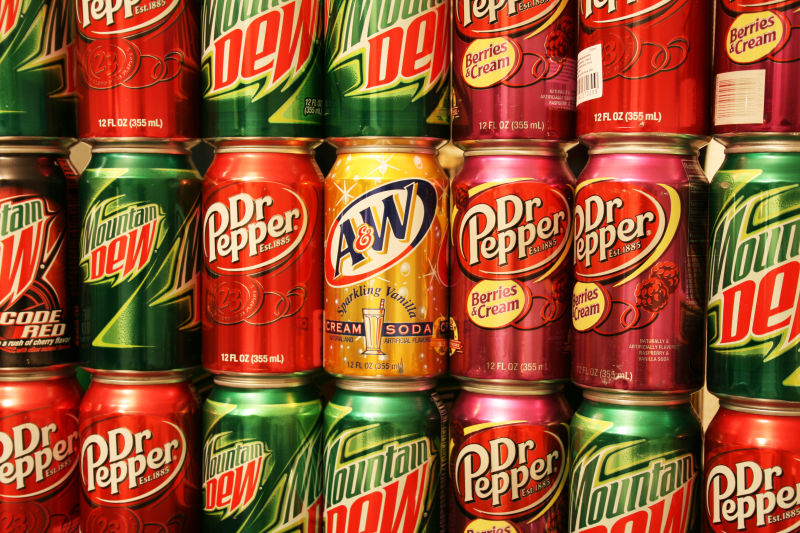“What it means to us is voters in California want to know the scientific truth about the harmful effects of these sugary drinks,” Goldstein said, “and they want that information right there on the front of cans and bottles.”
Support was especially strong among Latino voters with 85 percent in favor and 13 percent opposed. Even among Latino Republican voters, support ran to 74 percent.
“There is not a single subgroup within Latino voting populations that opposes warning labels, at least that we could identify,” said DiCamillo. Latinos make up 23 percent of the state’s registered voters overall, he said, and “are a growing subgroup.”
Last year, the California Legislature considered a bill that would require a warning label on beverages with added sweeteners that exceeded 75 calories in 12 ounces. The bill stalled in the Senate Health committee when four members who were present at the hearing abstained from voting.
In a statement Bob Achermann, executive director of CalBev, an industry group, said labels about calories and ingredients are already available and that a warning suggesting sugary beverages are a unique driver of obesity and diabetes would mislead people.
“The best way to promote balanced lifestyles is through fact-based information,” Achermann said, “rather than simplistic approaches that target just one product but don’t ultimately address complex health challenges.”
Numerous business groups have also voiced their opposition to warning labels.
The poll included two questions that asked respondents to select which of three beverages (a 12-ounce can) had the most sugar:
- Coke (39 grams)
- Minute Maid Lemonade (40 grams)
- Hawaiian Punch (21 grams)
Only 7 percent of respondents correctly said the can of Minute Maid had the most sugar. In addition, 34 percent said Hawaiian Punch had the most sugar, even though it has about half the sugar content of Coke or Minute Maid Lemonade.
In the second question, people picked from:
- O.N.E. Mango Coconut Water (30 grams)
- Glaceau Orange Mango FruitWater (0 grams)
- Honest Lemon Tea (21 grams)
Only 14 percent of people correctly picked the coconut water. Fully one-third of respondents — 33 percent — said the Glaceau FruitWater had the most sugar, even though it is a sugar-free drink; 32 percent picked the Honest Lemon Tea.
Goldstein, the public health advocate, said that marketers are “purposely confusing consumers” by using words like “honest” in the names of their products.
“One of the great benefits of a warning label is consumers will no longer be confused,” he said. When they’re grocery shopping, they don’t have to “wonder which (beverages) are harmful and which ones are not.”
When asked why they supported warning labels, 28.6 percent of respondents said that they would promote “greater personal responsibility” in helping people cut their sugar consumption, while 28 percent said consumers have a “right to know the truth” about harmful products. Another 21 percent said parents would be able to make more informed beverage choices for their children.
The telephone survey was conducted in English and Spanish Dec. 10-Jan. 3, 2016. A total of 1,253 interviews were completed, with an additional 250 interviews among the Latino registered voters statewide.
